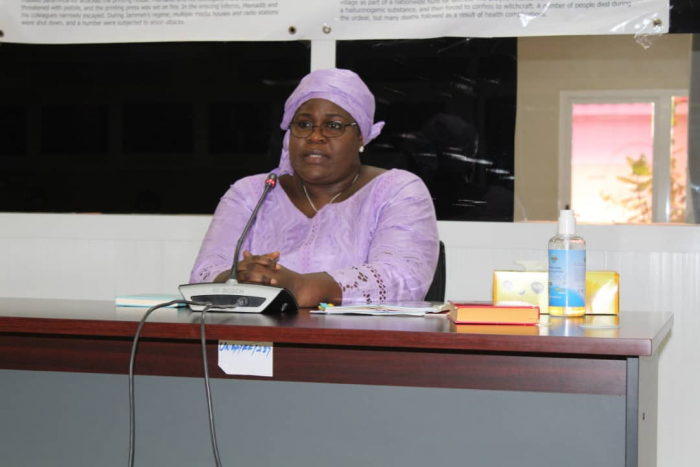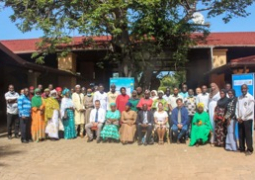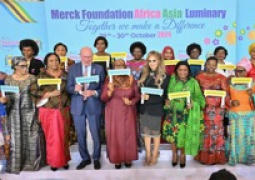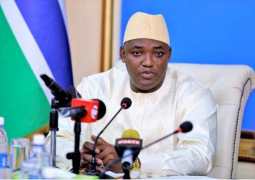
The human and women rights activist recalled that shortly after the April 10 students’ demonstrations, they as activists challenged the authorities.
She recalled that Muhammed Sillah, the spokesperson of Amnesty International was arrested and maltreated by the NIA in connection with a statement he made on BBC.
Mr. Sillah, according to her, was not only arrested but maltreated by the NIA agents, as a result, Sillah decided to go into exile to save his life.
"Another person arrested was Shyngle Nyassi, who was part of a political organisation and the issue of locus standi amongst others arose in his case, when they attempted to get him bail. However, Mr. Nyassi was subsequently released."
Testifying further, the witness said Article 19 is a Human Rights Organisation on Access to Information and Freedom of Expression, adding the organisation has different Regional Offices in Senegal, Kenya and Tunisia amongst others.
She recalled that in 1999, the government wanted to introduce a Media Commission to restrict the media to register through a body which was not independent.
"Based on this among others, we wrote a Memorandum to the Gambia Government and the Gambia Press Union took the Bill of the Commission to the Supreme Court, which the government withdrew. While that was ongoing, the late veteran journalist, Deyda Hydara, Demba Ali Jawo, Pa Nderry M'Bai and Suwaibou Conateh went to Article 19 to declare that the attempt to have the Commission was in contravention of freedom of expression.
Unfortunately, in December, 2004, Deyda was Killed, while the State proceeded to amend two existing laws and increase the bond on people interested in establishing newspapers and the law on defamation was made more harsh."
The witness testified that journalists were prosecuted and the Jammeh government heavily relied on treason, defamation and publication of false news to bar them from executing their functions.
Mrs. Senghore informed the Commission that the NIA frustrated journalists and also embarked on a lot of arbitrary closure of media houses.
The veteran human rights activist recalled that in 2004, Article 19 wrote to the former head of State to investigate the brutal killing of Deyda Hydara and the amendment of the Criminal Code excesses which would have made it difficult for journalists to operate freely.
"On the harassment of journalists like Abdoulie John, a reporter for Associate Press (AP), who was on constant surveillance and got his passport seized, we facilitated for his relocation to Senegal and only came back after the change of government."
She stated that they also expressed opinions or legal analysis on some of the legislations and would not only stop at publishing them but shared them with the government.
In October, 2016, the witness said she had a meeting with the last Attorney General and Minister of Justice under the Jammeh regime regarding human rights issues.
However, they couldn't agree on anything because the political situation was overwhelming at the time, while former Attorney General Singhateh said the case of the late Ebrima Solo Sandeng was beyond her.
Deputy Lead Counsel Njie-Jabbie, told her that Article 19 was a voice for the voiceless and had contributed immensely to ensure that human rights of citizens are respected.
She said about 100 journalist went into exile; adding that in human rights assistance there should not be any discrimination.
However, she said they did not stop at assisting journalists only but other people by guiding them and refer them to the appropriate body for assistance.
According to her, so many journalists such as Abdoulie Ceesay, former Managing Director of Teranga FM suffered unlawful detentions in different detention centers.





